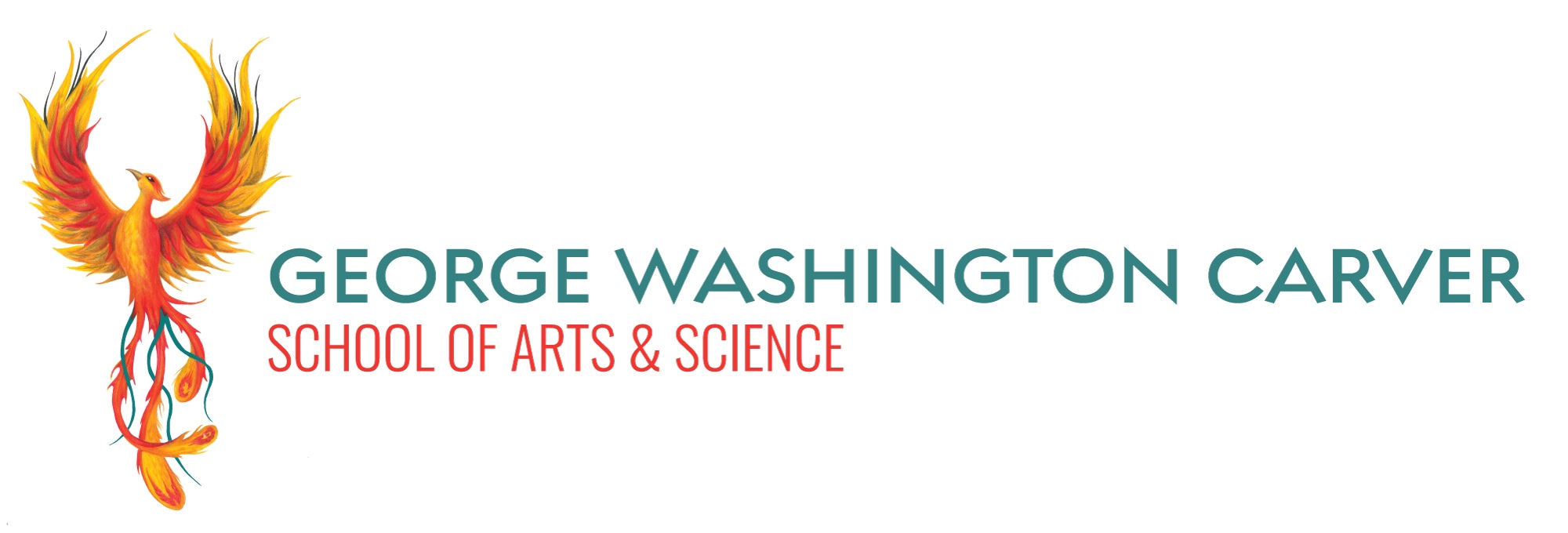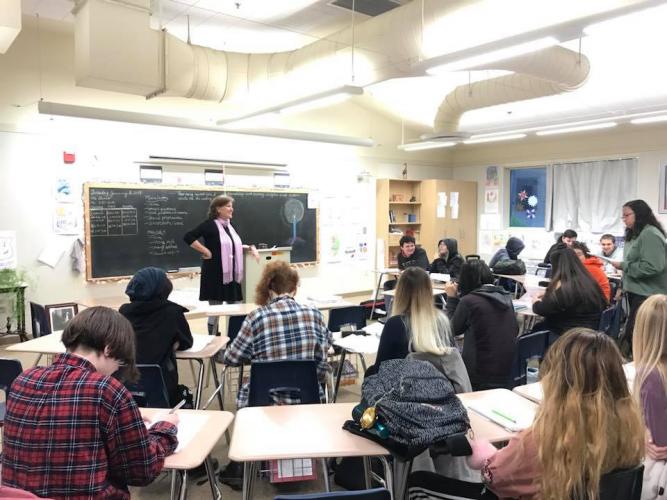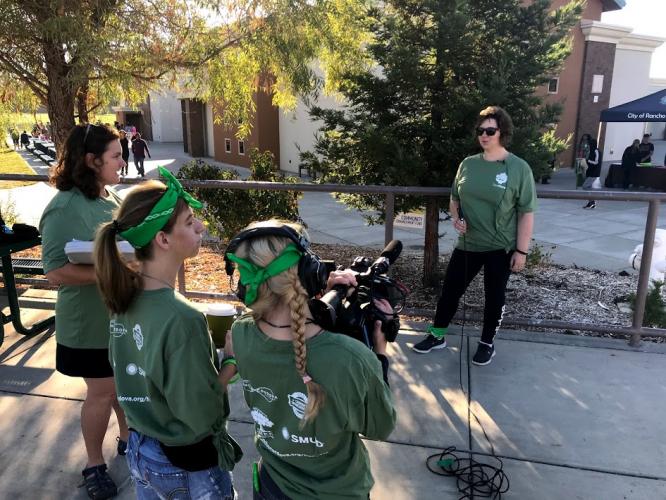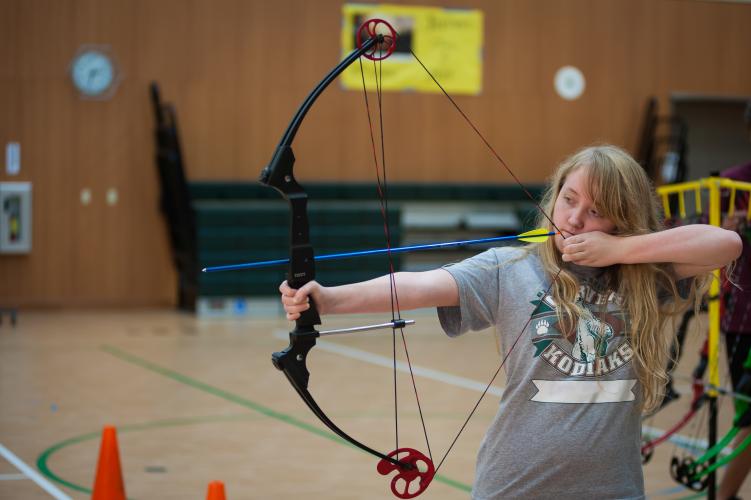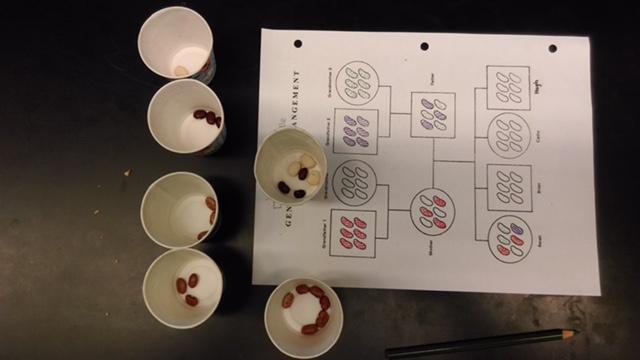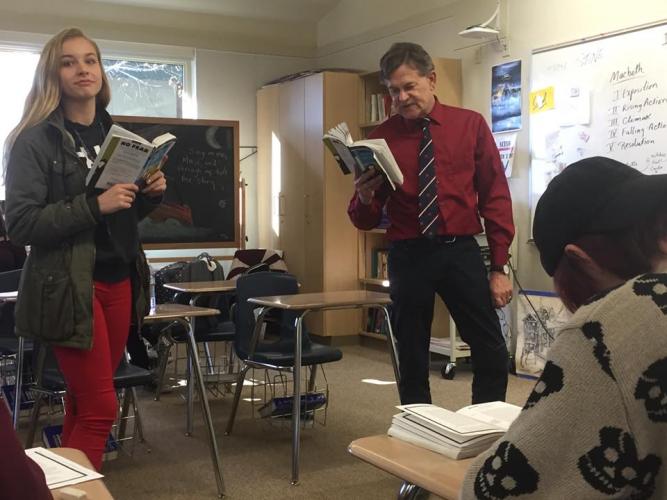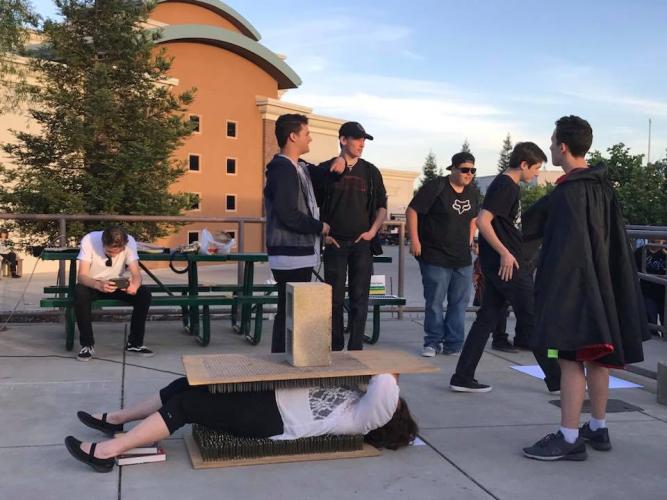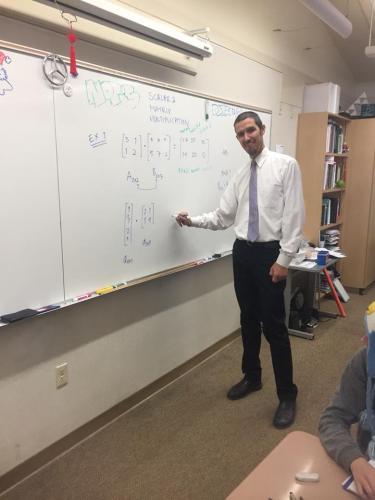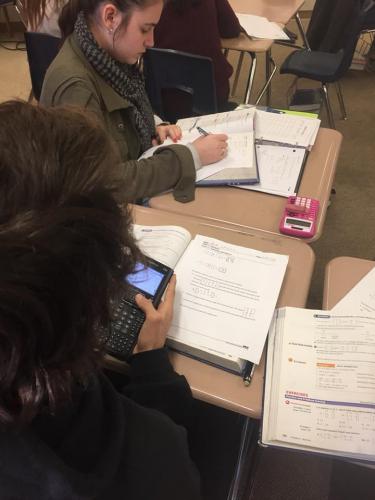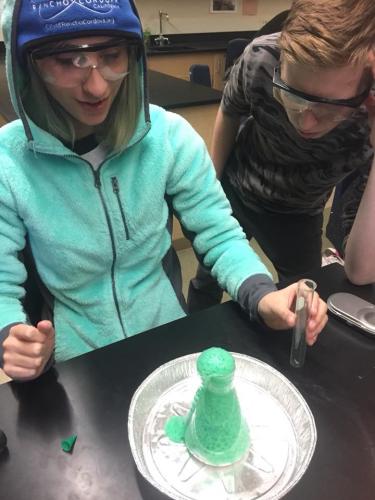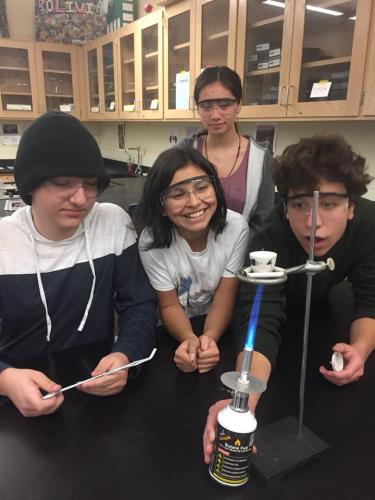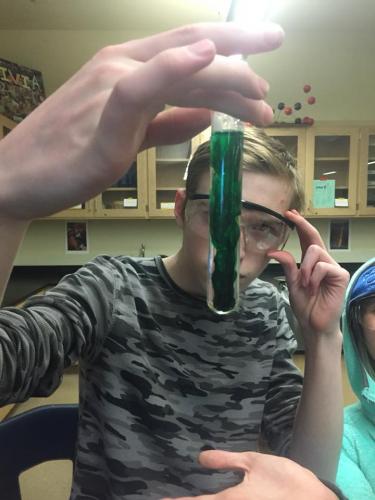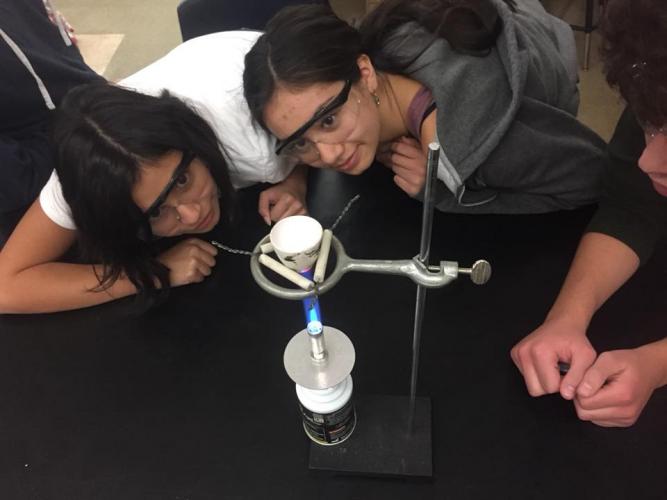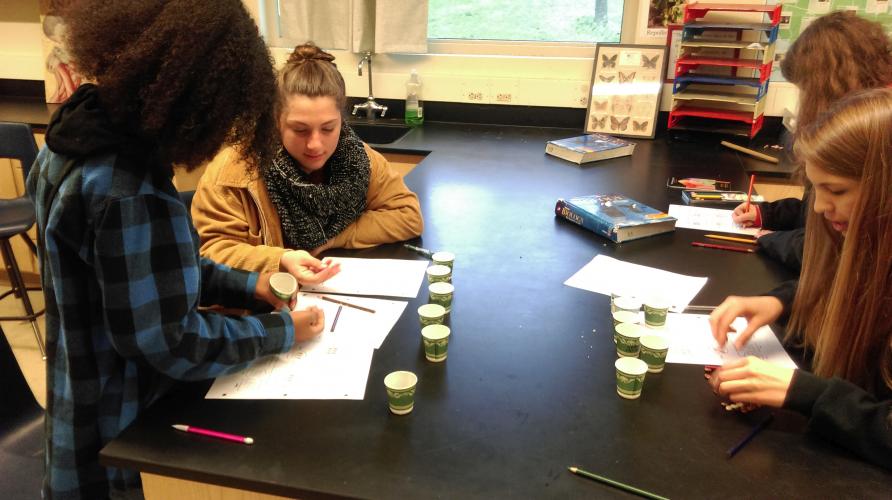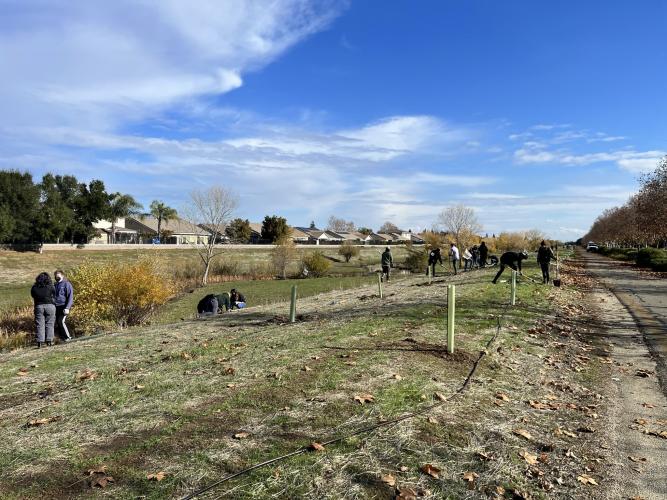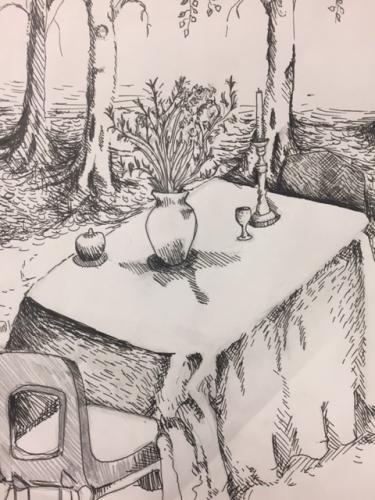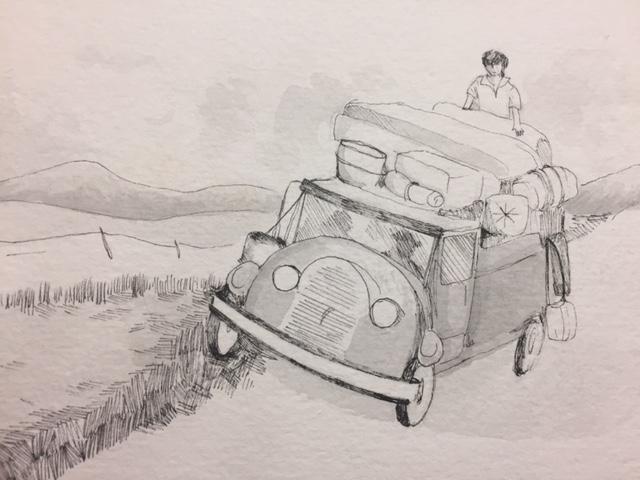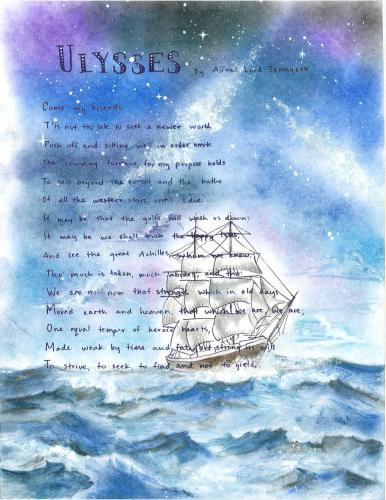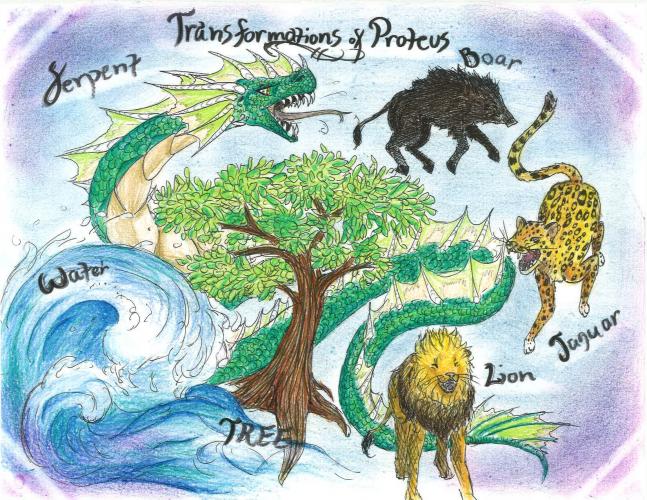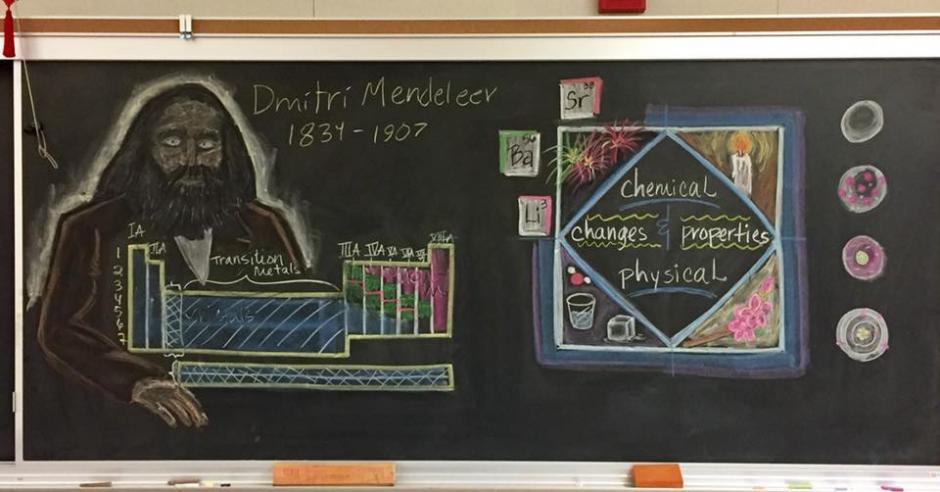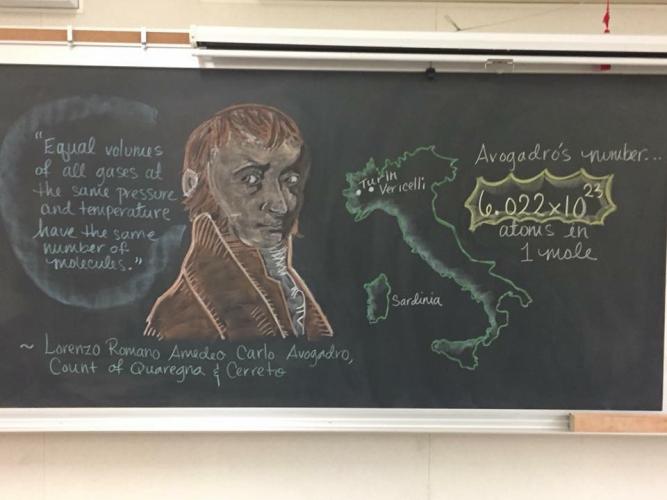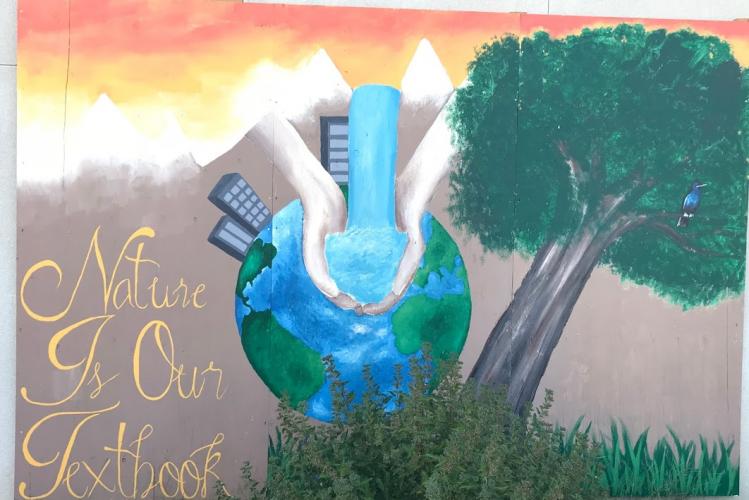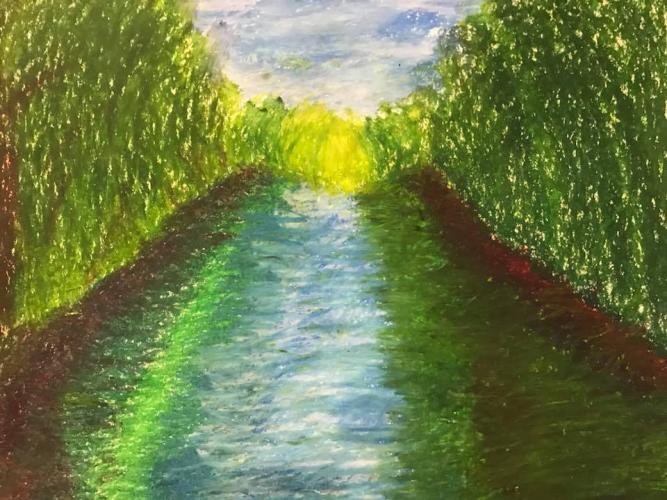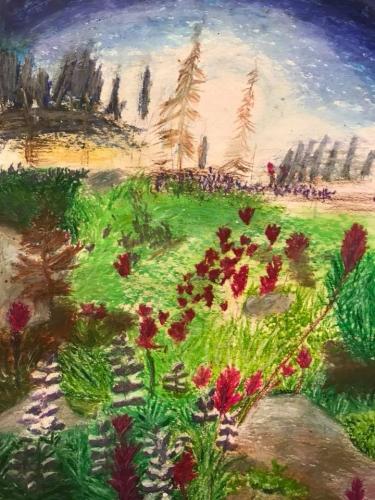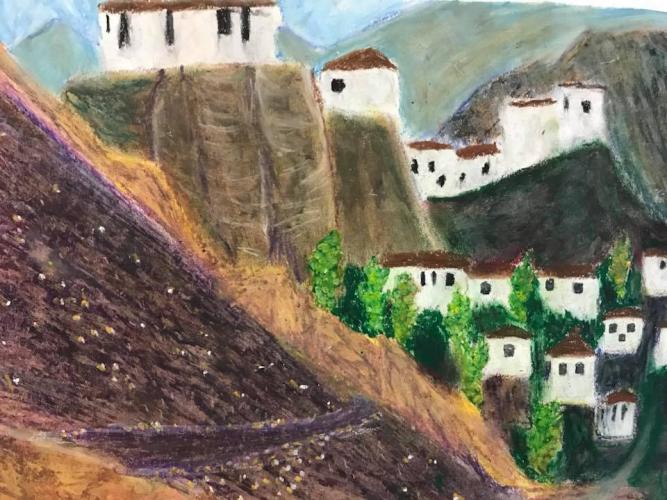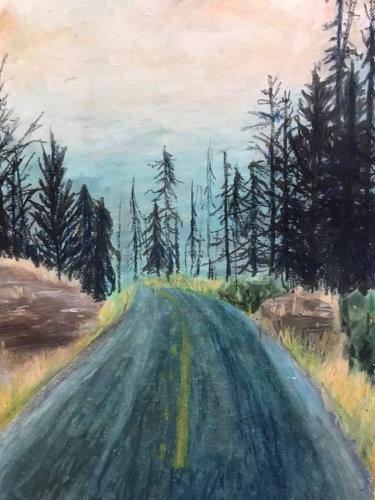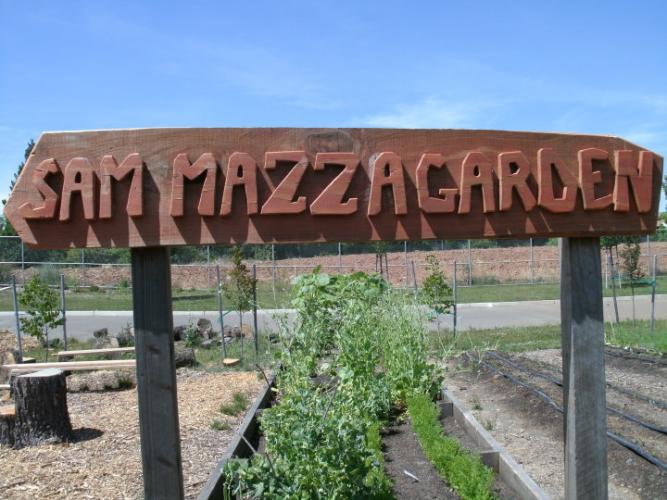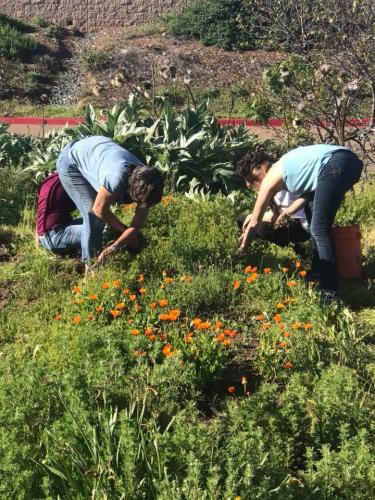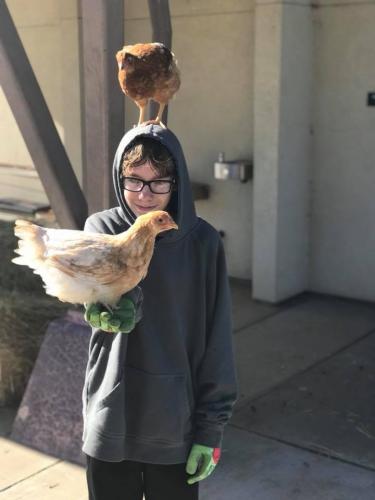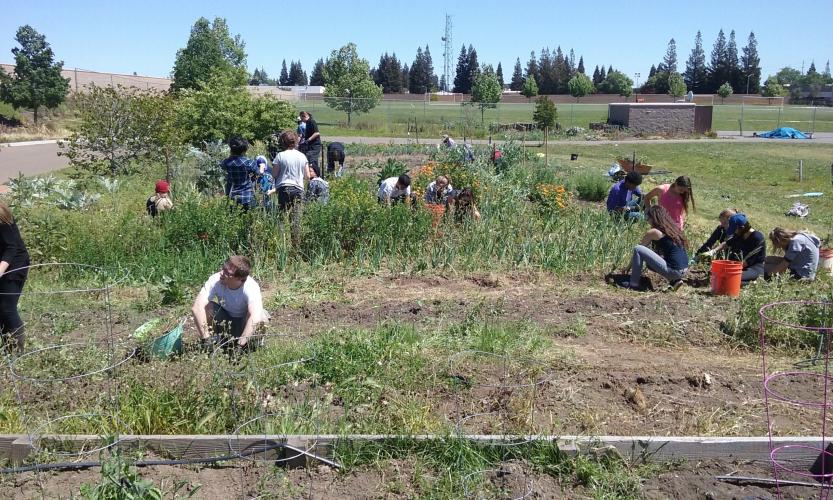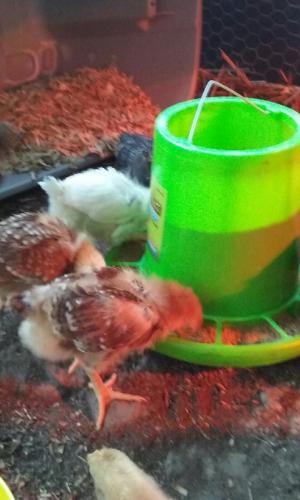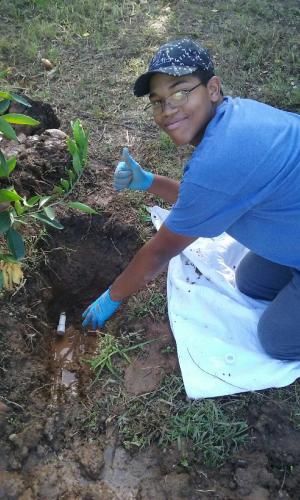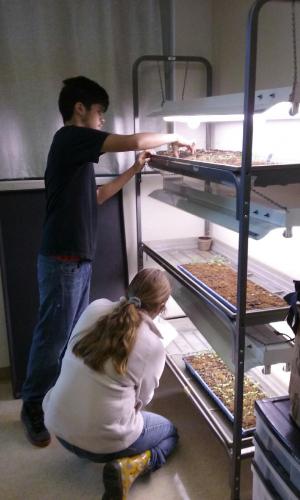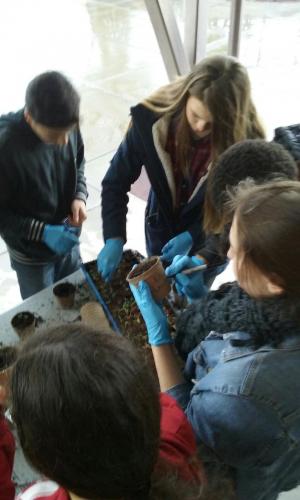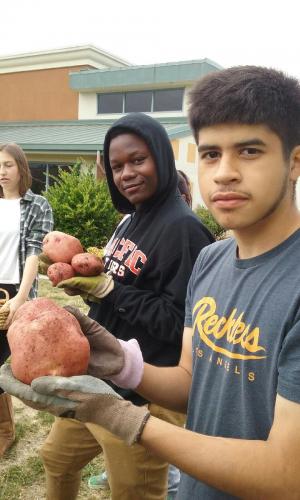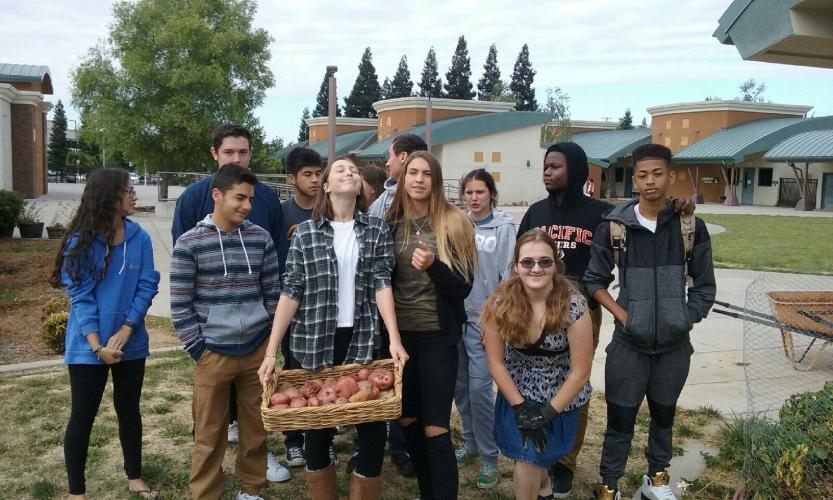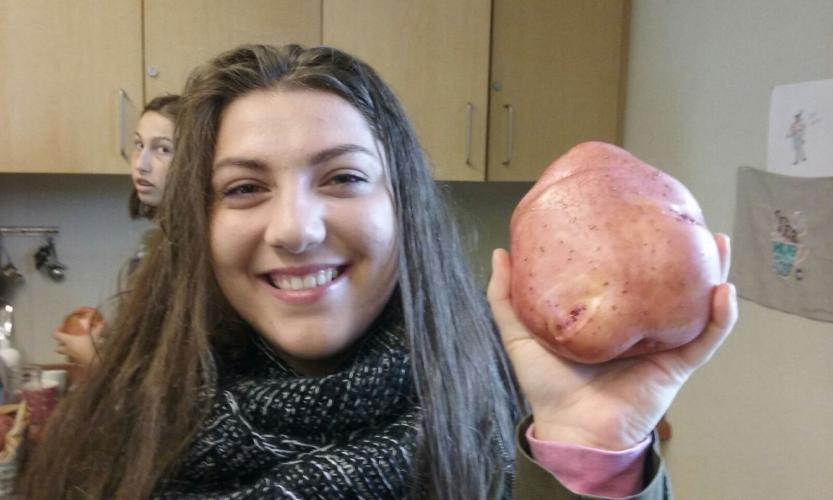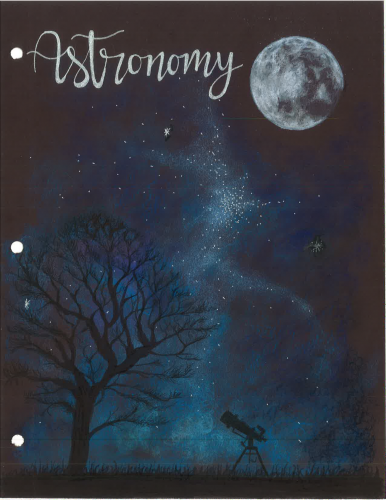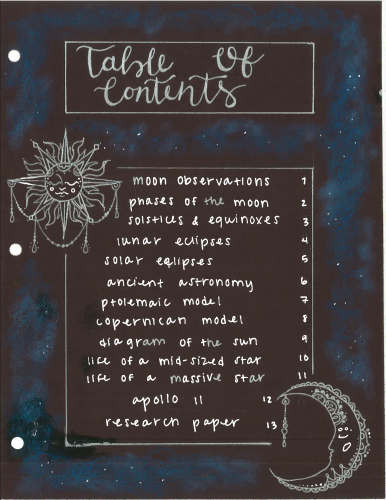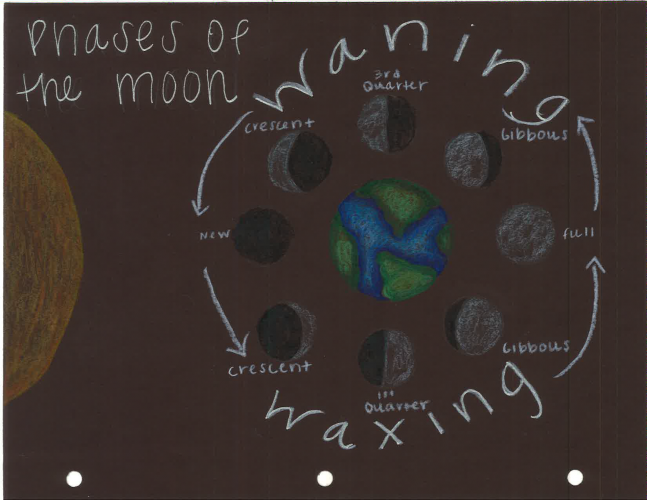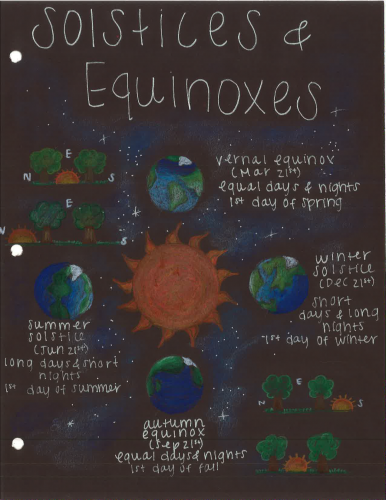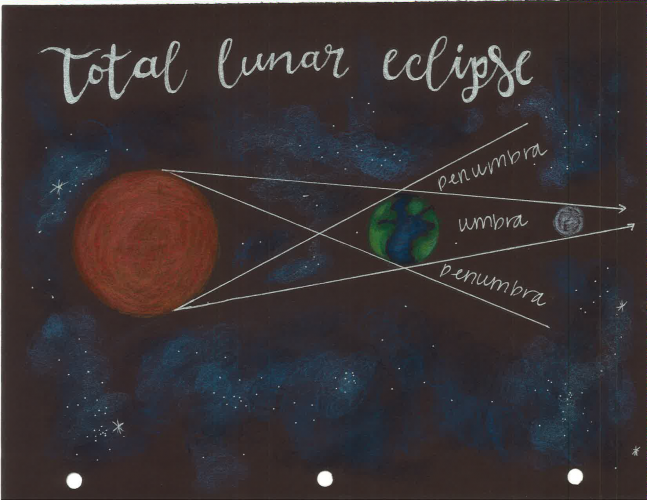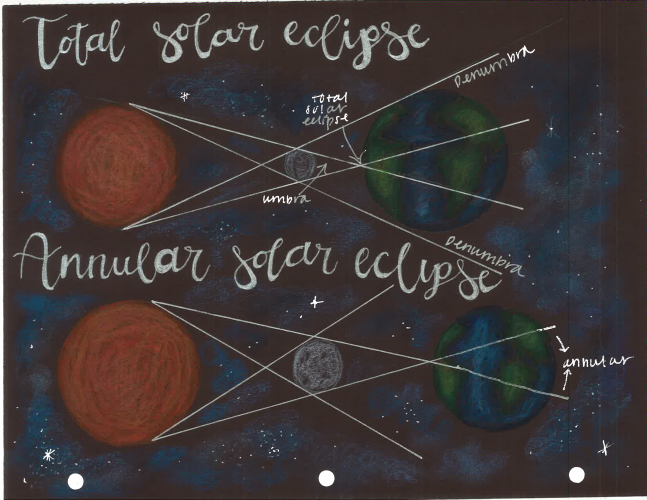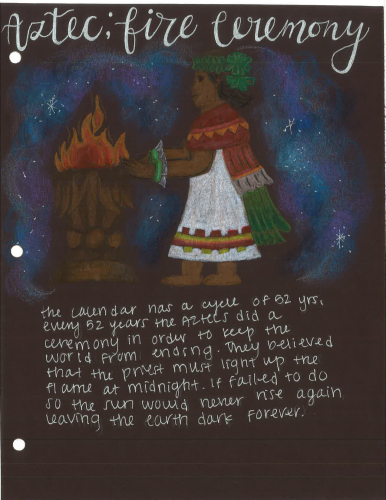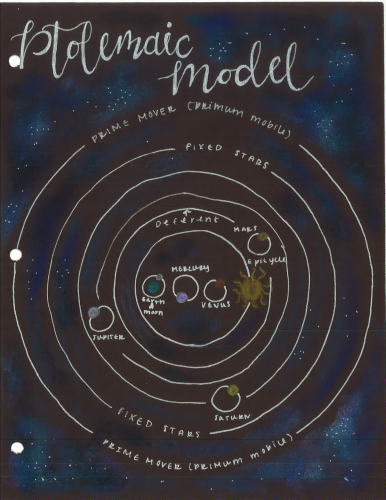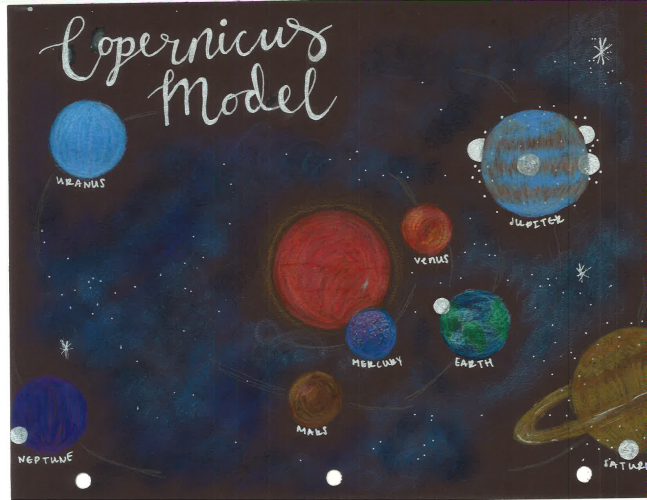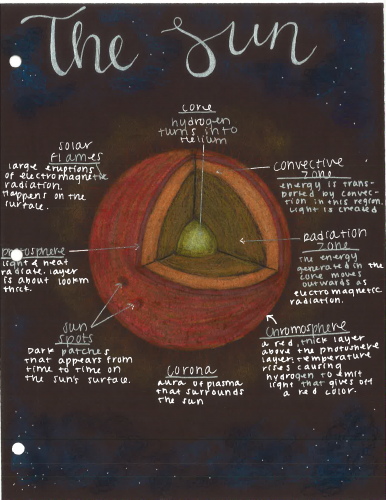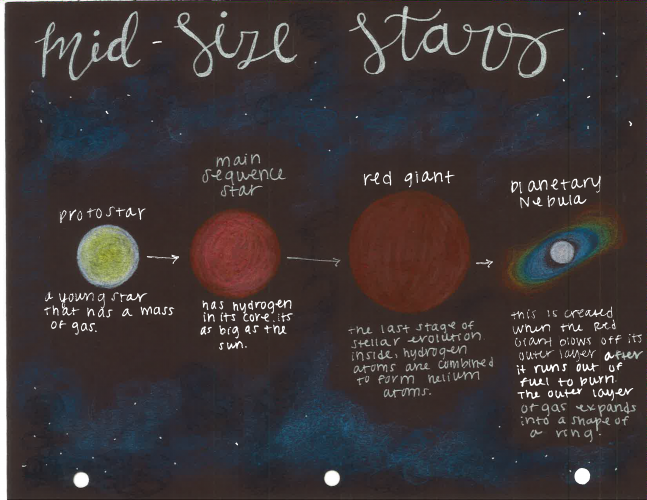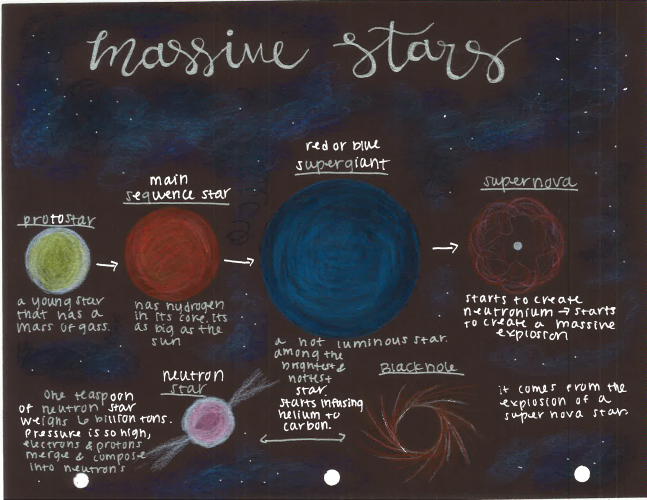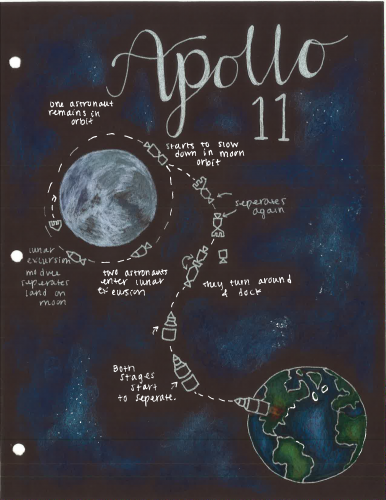Academics
Academics
Carver is the first public Waldorf methods high school in California. Our curriculum is modeled on the traditional Waldorf curriculum: a four year developmentally based high school program integrating arts and adolescent development into all areas of the program. Our program meets and exceeds the University of California A-G admission requirements.
Academic Courses
Carver students have the opportunity to earn college and honors credit through Accelerated College Entrance (ACE) and Advanced Placement (AP) coursework.
“I am graduating a semester early from Willamette University because of the ACE early college credit I earned at Carver. That’s saving me thousands in tuition, room and board.”
|
Social Science: Contemporary Global Issues/ Ethnic Studies and Geography |
World History | US History (*ACE) | Government Economics (*ACE) |
| English 9 | English 10 | English 11 | English 12 (*ACE) |
| Integrated Math 1 or 2 | Integrated Math 2 or 3 | Integrated Math 3 or Pre-Calculus | Pre-Calculus or AP Calculus |
| Biology | Chemistry | Physics | Environmental Science |
| Art | Spanish I | Spanish II | |
| Physical Education | Physical Education |
Electives: AP Art, Music, Digital Arts (Carver Chronicles) |
Electives: AP Art, Spanish III, Music, Digital Arts (Carver Chronicles) |
The Arts
One of the most important things at Carver is the main lesson book. These portfolios give us an opportunity to look back at all we have learned: our essays, illustrations, art projects, drafts and lecture notes. As a senior I have made many portfolios and still enjoy he ones I made freshman year.
The Garden: “Nature is our textbook”
Our garden is Carver’s centerpiece. Students take pride in the garden, orchard and arboretum.
The idea of a garden connected to the school is to restore the relationship between the earth and the students. Most youngsters have no idea how the food that they eat grows. We live in a technological world of instant satisfaction. We instantly connect with our friends by cell phone, we are instantly entertained by turning on the computer or TV, we use the drive-through to get our lunch instantly. Growing food helps us realize that our most basic need–food–requires many qualities that our technological society has forgotten. Growing not only helps us connect to the earth, it also helps us develop life skills.
A school garden is a living textbook that teaches the students how all life is interconnected and how we are all part of the cycles of life.
“The garden brings our campus to life. It is a beautiful background to our daily routine. Many students gravitate to it at lunch or while strolling during break. We experience the changing seasons and crops of vegetables in our garden, and even sample them!”
ACE + Traditional Pathway
Follow the traditional path and maintain A/B grades to qualify for ACE classes.
Earn up to 18 Sac. State credits.
Non-weighted classes: US History (11) 2 sem. English (12) 2 sem. Environ. Sci. (12) 1 sem. US Gov’t. (12) 1 sem.
